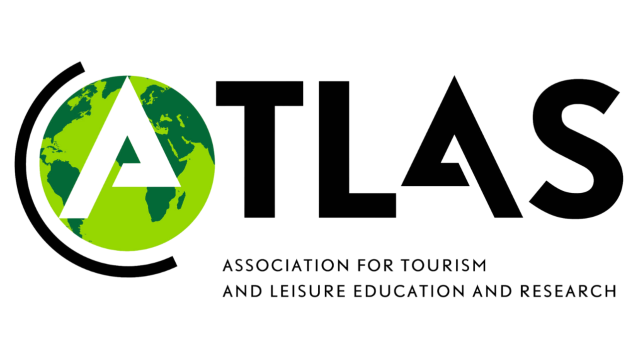Children in Tourism
ATLAS Special Interest Group
Children in Tourism
The coordinators of this Special Interest Group are:
Tina Šegota – University of Maribor, Faculty of Tourism, Slovenia
Heike Schänzel – Auckland University of Technology, School of Hospitality & Tourism, New Zealand
Children, defined by the UN Convention on the Rights of the Child as individuals under 18, comprise 31% of the global population, with 87% residing in the Global South (Schänzel & Yang, 2024). Despite their demographic significance and active roles in both consuming and hosting tourism, children remain marginalised in tourism research. Historically, scholarship has prioritised adult perspectives. However, recent research has increasingly acknowledged children as active participants and social agents within tourism contexts.
Studies have begun to explore children’s experiences more inclusively, yet much of the literature remains skewed towards wellbeing narratives, overlooking complex issues such as child labour, exploitation, and the impacts of tourism on host children. With up to 19 million children involved in tourism-related work, and emerging research on children in family-based tourism enterprises (Canosa & Schänzel, 2021), critical gaps persist—especially concerning children in host communities (Koščak et al., 2024).
A growing body of work advocates for child-inclusive, participatory methodologies that recognise children as competent social actors (Schänzel, Khoo & Yang, 2026). Grounded in the principles of childism, this approach challenges adultist biases that frame children as passive or incomplete. It argues for their recognition as rights-holders capable of contributing valuable insights into tourism experiences and impacts.
Considering the Sustainable Development Goals (SDGs) and broader human rights imperatives, tourism scholarship must expand to include diverse childhoods and geographies. Children, whether tourists or hosts, are vital stakeholders in tourism systems. Greater inclusion of their voices is essential to developing equitable, child-aware, and socially sustainable tourism futures.
The group’s core aim and objectives include:
• promoting children’s rights-informed approach to participation in tourism research, policy, and practice that better recognises the complexities of childhood experiences, whether as hosts or guests in tourist destinations.
This involves:
• Promoting children’s rights to participation (i.e., in the governance of tourism)
• Advancing child-centred theories and methodologies in tourism
• Working towards achieving SGDs, e.g., SDG3 (good health and wellbeing), SDG8 (decent work and economic growth), SDG10 (reduced inequalities), SDG11 (sustainable cities and communities)
• Facilitating knowledge exchange between academia, industry, and organisations (e.g., youth councils, UN Tourism, UNDP)
• Building collaborative networks to address the complex challenges of involving children in tourism
Looking ahead to 2026, we aim to:
• Establish a network of researchers and practitioners
• Organise webinars with academics, child/youth agencies, and practitioners
• Develop collaborative research projects inclusive of children’s voices
• Host specialised seminar and workshop at the 2026 ATLAS Annual Conference
References
Canosa, A., & Schänzel, H. (2021). The role of children in tourism and hospitality family entrepreneurship. Sustainability, 13(22), 12801.
Koščak, M., Knežević, M., O’Rourke, T., & Šegota, T. (2024). Children in Tourism Communities: Sustainability and Social Justice. Taylor & Francis.
Schänzel, H., Khoo, C., & Yang, M. (2026, forthcoming). Handbook on Children and Family Tourism. Edward Elgar.
Schänzel, H., & Yang, E. C. L. (2024). Children in tourism. Frontiers in Sustainable Tourism, 3, 1368164.


